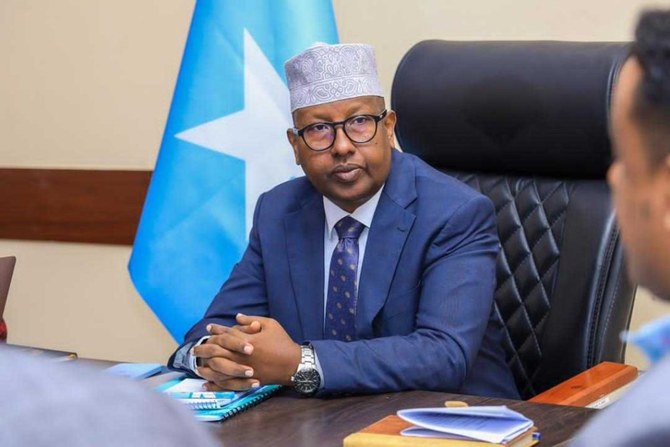
Somalia abruptly requests that the UN terminate its political mission
The Foreign Minister wrote to the Security Council requesting the termination of a UN political mission that has assisted Somalia’s government on peacebuilding, security reforms, and democracy for more than ten years.
According to three UN officials who asked to remain anonymous to Reuters, the 360-member United Nations Assistance Mission in Somalia (UNSOM) was caught off guard by the request to withdraw after its mandate expires in October.
With a two-decade insurgency by terrorists affiliated with Al Qaeda and ongoing violence since 1991, Somali authorities have made action to reestablish services and offer some level of security.
The 17-million-person nation on the Horn of Africa is still one of the most violent and destitute places on earth, nevertheless.
The political mission’s conclusion is distinct from the safe-keeping mission of the African Union, which is under UN mandate and presently numbers at least 10,000 soldiers. That operation is scheduled to conclude by the end of this year and be turned over to the Somali state.
The three UN representatives affirmed that the May 5 letter—which went viral on social media on Thursday—was real. Remarks were not returned by Somali officials.
Foreign Affairs Minister Ahmed Moalin Fiqi stated in the letter that “it is now appropriate to transition to the next phase of our partnership,” without providing any justification.
The letter’s legitimacy was attested to by a presidential adviser for Somalia, who also stated that under UNSOM, Somalia was no longer in need of UN support for international coordination.
The advisor remarked, “UNSOM played a critical role, but now it outlived its usefulness,” noting that the mission came at a hefty $100 million annual cost.
Co-founder of the Sahan think tank and expert on Somalia Matt Bryden pointed out that the federal government had previously charged UNSOM with meddling in domestic matters.
According to Bryden, UNSOM has been working to find a balance between the goals of the federal government and the aspirations of individual states for greater autonomy, while President Hassan Sheikh Mohamud has been working to centralize authority through amendments to the constitution and other reforms.
“We should expect more assertive and unilateral federal government of Somalia initiatives with respect to constitutional revisions, federalism, and elections,” Bryden stated.
UNSOM described Somalia’s request as “a testament to the work of the mission in support of the Somali authorities these past years” in a statement to Reuters.
UNSOM, which was established in 2013, stated that other UN offices, including humanitarian organizations, would carry on their operations in Somalia.
All Categories
Recent Posts
Tags
+13162306000
zoneyetu@yahoo.com



